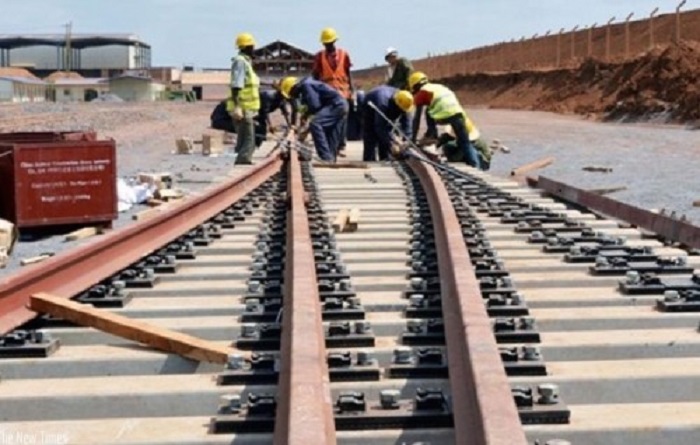The recent announcement of the award of a $1.96billion contract for the construction of a 248 kilometre rail line from Kano through Danbatta, Kazaure, Daura, Mashi, Katsina, Jibia hence to Maradi in Niger Republic is the strongest sign that impunity and indulgence are a driving force of public policy in the country.
The public was taken aback when in 2017, the Minister of Transportation, Rotimi Amaechi, announced plans for this rail line.
Even when President Buhari cited a little-known ECOWAS protocol as justification, skepticism still remained.
Many legitimate questions surround this project with regard to its funding and the benefits Nigeria and Niger stand to reap from it.
For a start, funding sources should be disclosed, whether it’s Nigeria alone, joint Nigeria-Niger funding or foreign loan.
Has funding already been sewn up for it as a stand-alone loan facility, or as part of the funding being sought for the vital and more important Ibadan-Kano rail line?
Secondly, where is the rationale in constructing a rail line 248km long, just so 55km of it can be used to transport crude oil from Maradi to a refinery in Jibia when a pipeline would do even better?
The initial federal government Master plan for Railway Development which identified seven new rail routes for construction did not feature the Kano-Maradi rail line.
It did however include a Zaria, Kaura Namoda, Sokoto, Illela, Birnin Koni line. Perhaps the former substituted for the latter.
Official reaction to the public interrogation of this rail project has been rather tame and decidedly nonchalant, certainly that it is a fait accompli thing and “there is no going back”, as officials are fond of declaring.
However, an article in the Daily Trust issue of October 6, 2020, appears to have taken up the slack, drawing upon the African Continental Free Trade Area (AfCFTA) Treaty and a couple of studies to make a case for Kano-Maradi.
AfCFTA, which Nigeria almost didn’t join, recommends the development of multiple transportation modes across international borders in order to grow trade and industry among member states.
The decision on Kano-Maradi predated Nigeria’s accession to AfCFTA, so the latter couldn’t have been the catalyst for the former.
The Lagos-Kano transport corridor – now somehow extended to Jibia -to produce the “LAKAJI” corridor has always been bimodal; rail and road, railway reaching Kano first.
The agribusiness potential of that swathe of the country has long been clear to both government planners and business groups; witness the establishment of sugar industry (Bachita) and paper mill (Jebba) in the First Republic.
The LAKAJI Seminar and the USAID-funded studies all testified to that, but did not place Kano-Maradi above other projects in the pipeline.
The Kano-Maradi rail line project owes life to these twin tendencies; there must be investment opportunities in the railway sector whose effect and impact on the economy and the polity would be greater and more immediate.

 Join Daily Trust WhatsApp Community For Quick Access To News and Happenings Around You.
Join Daily Trust WhatsApp Community For Quick Access To News and Happenings Around You.


